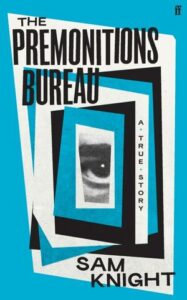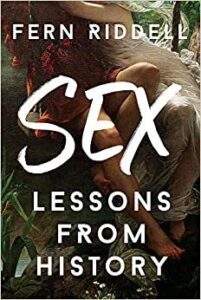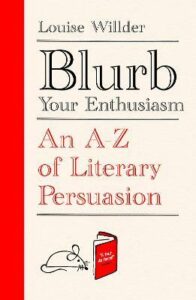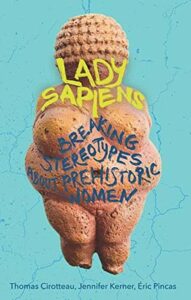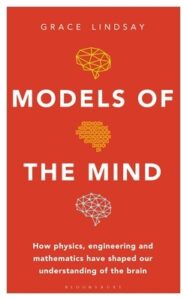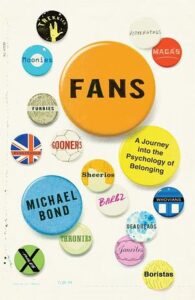 Fans: A Journey into the Psychology of Belonging, Michael Bond
Fans: A Journey into the Psychology of Belonging, Michael Bond
Michael Bond discusses fandom with an amount of sympathy that I found a little surprising, since (as a member of multiple fandoms) I’ve experienced a fair bit of hostility to that type/level of nerdery. Even when it comes to furries and otherkin, the tone is sympathetic, and he honours their identities by referring to them in the way they want to be referred to.
Nothing in this book was terribly surprising to me, nor did it really constitute a description of rigorous research — it comes out more like a collection of fandom-related anecdotes and explanations, highlighting the experiences of some fans and describing what fandom can be like (e.g. Jane Austen fandom, or Michael Jackson fandom). It touches on some dark stuff, like being a fan of Michael Jackson despite the accusations made against him, and especially the stuff about fans of serial killers and mass murderers… but it maintains a pretty light, non-judgemental tone.
It basically mildly puts across the message that fandom is enriching for many people, even restorative, and can help you find your “people”. I think most fans could tell you that!




